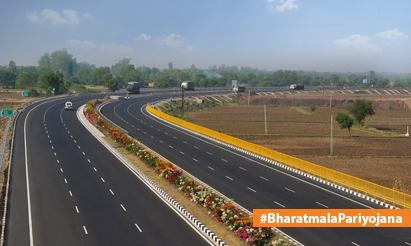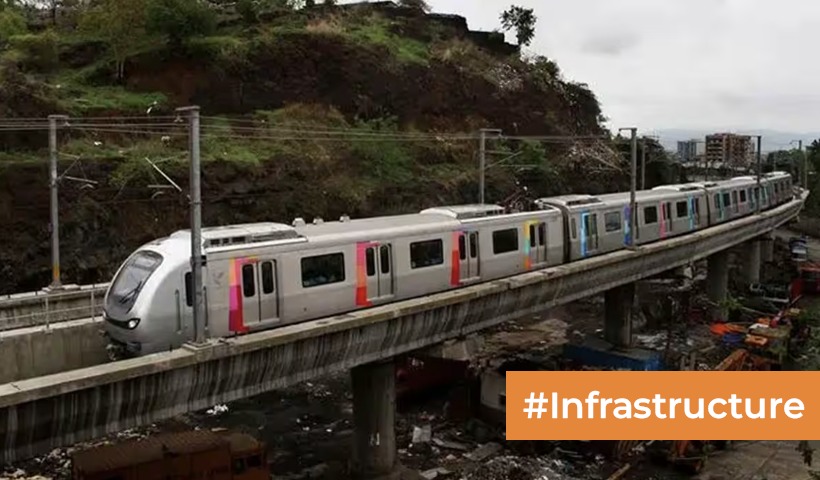Demystifying Suspension Bridges: Engineering Marvels in the Sky!
Introduction: Suspension bridges are awe-inspiring structures that have captured the imaginations of engineers and travelers alike for centuries. These magnificent feats of engineering elegantly span vast distances, suspended high above rivers, canyons, and other obstacles. In this blog, we will unravel the mysteries behind suspension bridges, exploring their construction, design principles, and notable examples from around the world.
What are Suspension Bridges? Suspension bridges are a type of bridge that utilizes cables and towers to support the bridge deck, creating a suspended roadway. Unlike traditional beam or arch bridges that rely on rigid supports, suspension bridges distribute the load by suspending the bridge deck from large main cables, which are anchored to solid foundations on either end of the span. The cables are then attached to vertical towers that provide additional support and stability.
Design and Construction: The design and construction of suspension bridges require meticulous planning and precise engineering. The key components of a suspension bridge include the main cables, towers, anchorages, suspenders, and the bridge deck. The main cables, usually made of steel, bear the majority of the bridge’s weight and tension. These cables are anchored to massive concrete or rock foundations called anchorages, which counteract the horizontal forces exerted on the bridge.
Vertical towers rise from the anchorages and serve multiple purposes. They provide additional support for the main cables and help to distribute the load evenly. Suspenders, attached to the main cables, descend vertically and connect to the bridge deck, holding it in place. The bridge deck, typically composed of steel or concrete, carries the weight of vehicles and pedestrians traversing the bridge.
Notable Suspension Bridges: Suspension bridges have become iconic landmarks in many parts of the world. Some of the most renowned examples include:
- Golden Gate Bridge, San Francisco, USA: Spanning the Golden Gate Strait, this iconic red-orange suspension bridge is a symbol of San Francisco. Its impressive length of 1.7 miles (2.7 kilometers) and distinctive Art Deco design make it an architectural marvel.
- Akashi Kaikyo Bridge, Kobe, Japan: Holding the record as the world’s longest suspension bridge, with a span of 6,532 feet (1,991 meters), the Akashi Kaikyo Bridge showcases Japan’s engineering prowess. It connects the city of Kobe to Awaji Island and endures extreme weather conditions, including earthquakes and typhoons.
- Humber Bridge, Hull, United Kingdom: Spanning the Humber Estuary, the Humber Bridge was the longest suspension bridge in the world when it opened in 1981. Its elegant design and impressive span of 4,626 feet (1,410 meters) have made it an iconic structure in England.
Advantages and Challenges: Suspension bridges offer several advantages, such as their ability to span long distances and their aesthetic appeal. By using fewer materials and having a lighter overall structure, they can be more cost-effective than other bridge types. However, the construction and maintenance of suspension bridges can present challenges, including the need for regular inspections, vulnerability to wind-induced vibrations, and potential cable corrosion over time.
Conclusion: Suspension bridges represent a fascinating blend of artistry and engineering brilliance. These magnificent structures captivate us with their graceful arcs and connect communities, easing transportation and fostering economic growth. From the Golden Gate Bridge to the Akashi Kaikyo Bridge, suspension bridges continue to inspire and stand as testaments to human ingenuity. As we look to the future, it is exciting to imagine the new horizons that suspension bridge design will conquer, pushing the boundaries of what we once thought possible.
Disclaimer: The views expressed above are for informational purposes only based on industry reports and related news stories. PropertyPistol does not guarantee the accuracy, completeness, or reliability of the information and shall not be held responsible for any action taken based on the published information.




